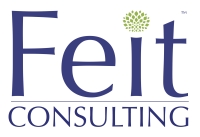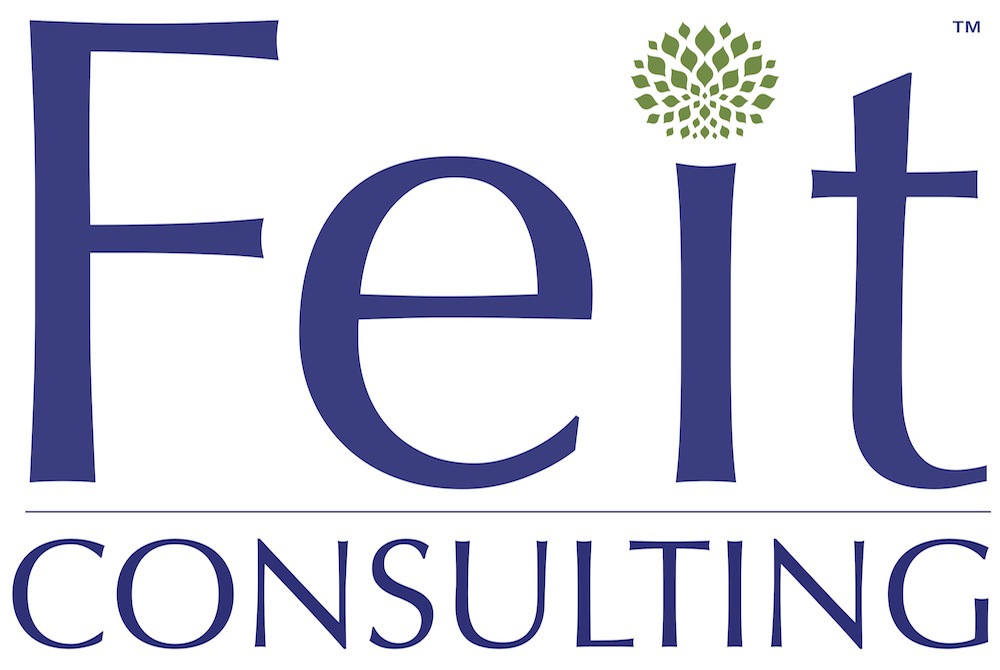
Strategy, Planning, and ROI Tracking for 2018
By Michael Feit | Best Practices , Contract Negotiations , Feit Consulting , Librarians , Modern Law Library , Pricing , Sole Provider , Vendors
Spring brings about the opportunity to do things differently. Technology and the buzz word – modernization, are on the mind we enter into this new year. There are tactical things you as an Administrator or Librarian can do to stay ahead of the game this coming year, and make technology and modernization optimized within your Library.
Budget – Two key words come to mind with regards to budget: collaboration and reporting. Work with Finance to more efficiently monitor budget and expenses. Establish a new schedule for collecting data, and the date of each month or quarter you will turn around that data. For example, receiving data on the 3rd of the month and providing a report to management on the 10th of each month.
Reporting – What metrics are you using to measure ROI and showcase value? Are you collecting feedback from library users? Are you using an Electronic Resource Management (ERM) tool? If so, are you utilizing its full capacity?
Contract Management Planning – Implement new deadlines for legal information management planning. Most of us mark contract expirations on a calendar or in a tracking program. Go a step further.
- Month 1: Determine which tools you have in place that can provide data on usage, costs, and value. Such tools may include: Invoices, ERM, developing a survey for users, and scheduling one-on-one conversations with attorneys and staff to assess value and usage of products.
- Month 2: Collect data. Based on the tools determined in month 1, begin collecting data. Work with finance to dive into invoices.
- Month 3: Analyze the data. Understand what is your ROI for the expiring product(s). Look at as many metrics as you can: Spend per Attorney, usage, discount, etc.
- Month 4-6: Begin the negotiation process by requesting a proposal from vendor. Remember, it is more beneficial for vendors to wait to the last minute for pressure to sign the new contract. It won’t be easy but start early.
For firms and organizations considering eliminating Lexis or Westlaw, start this process 9 months to 12 months in advance of your contract expiration of either vendor. Assessing vendor preference and combating concerns is a lengthier process than one might think. While it has been done in a month, having more time on your side is always an advantage.
Feit Consulting’s Optimizing Legal Information Pricing is an excellent resource. It shares detailed processes and steps for contract negotiation planning, knowing which metrics to use, and how best to strategize the negotiation process.






